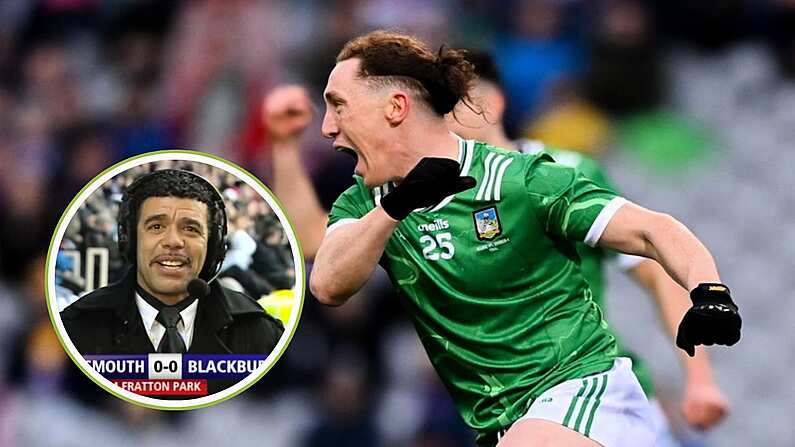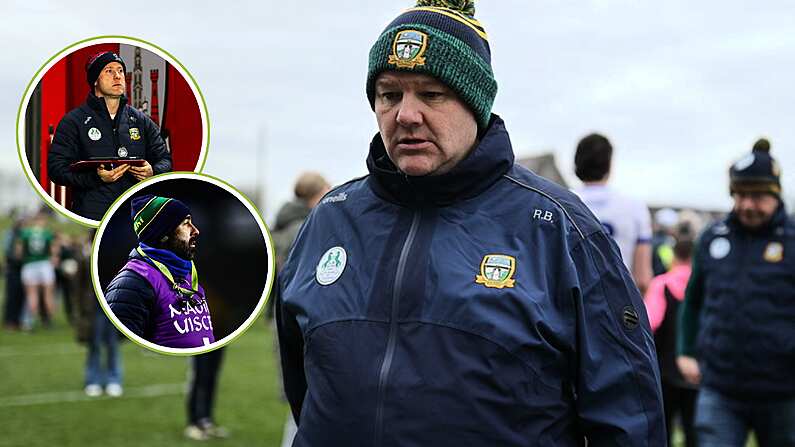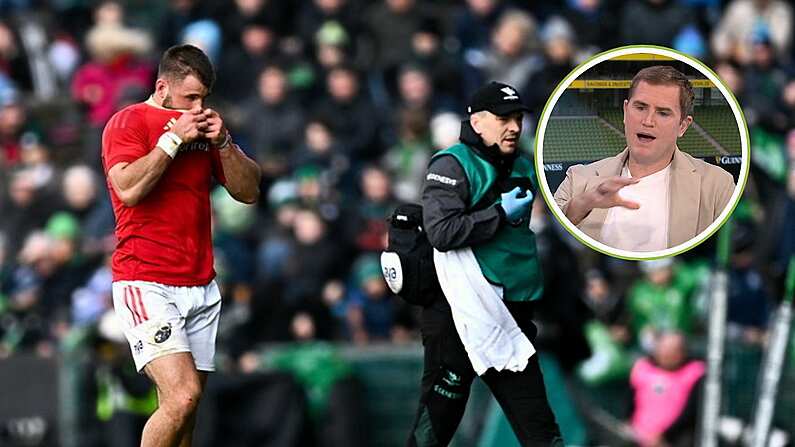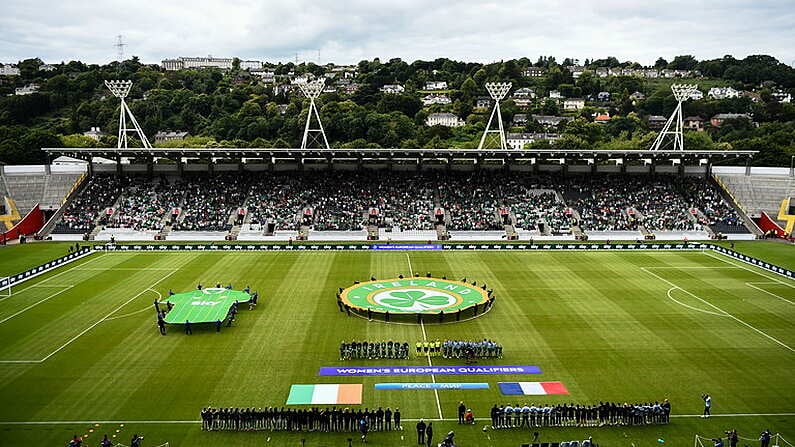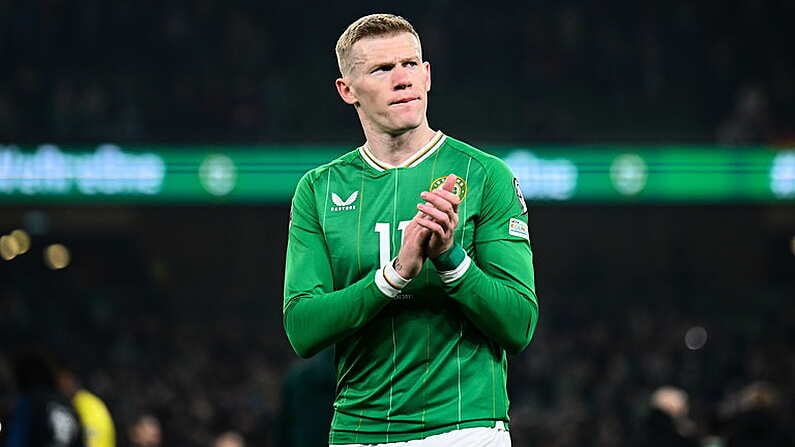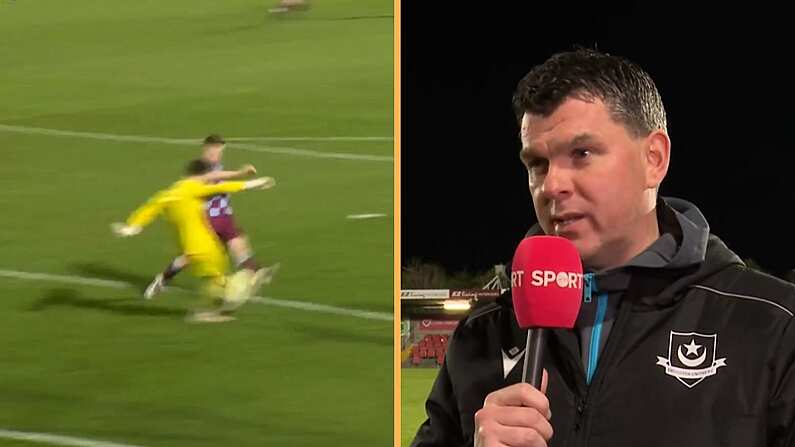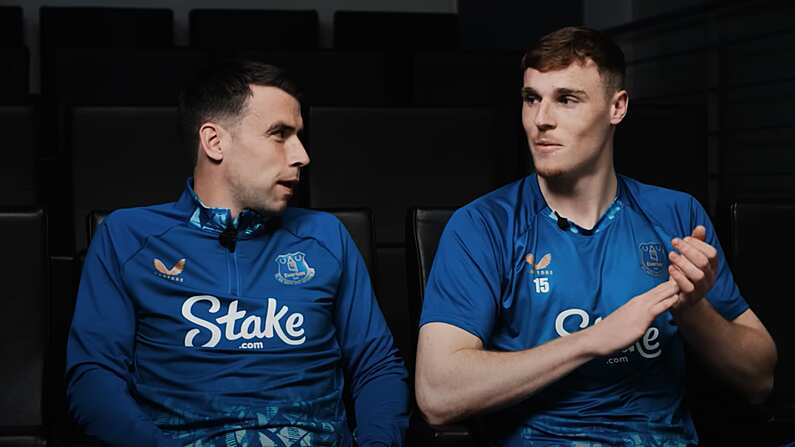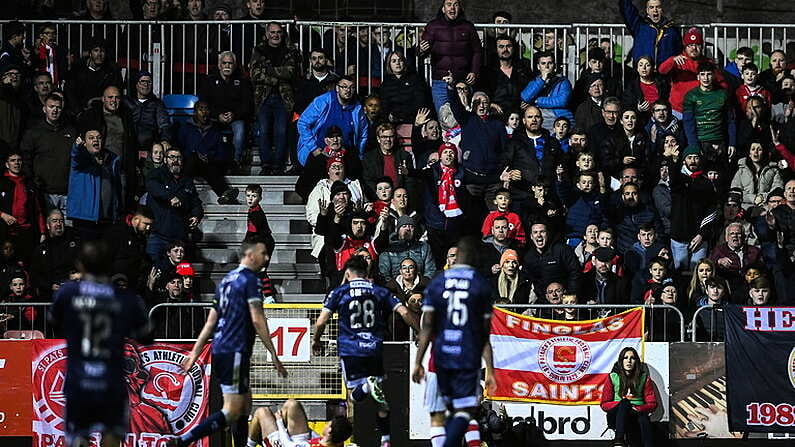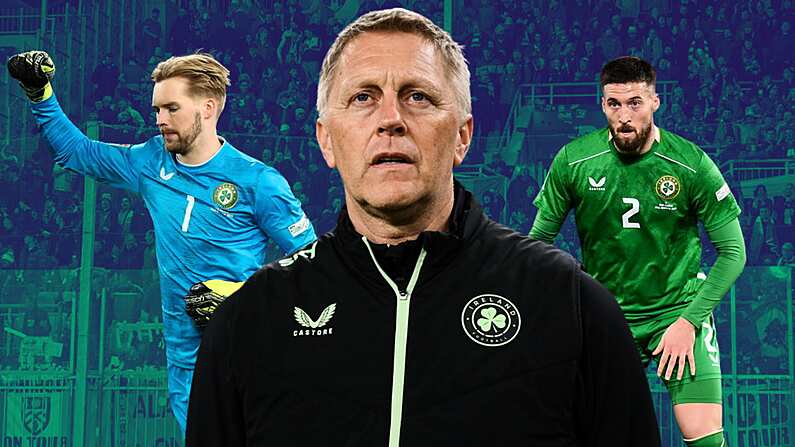There are few more profound joys in football than watching a stylish playmaker glide past would-be tacklers without so much as breaking a sweat, either seamlessly shaving a defender's shins with a threaded pass or going all the way themselves in a moment of physical poetry.
Call them what you wish: attacking midfielders, no.10s - trequartistas if you're a bit of a plonker - but many of the game's great innovators have been blessed not with Cristiano Ronaldo's athletic prowess, but rather with the unerring ability to think a few moves ahead of both opposition and onlookers. It's a skill perhaps more closely associated with chess, but when combined with other-worldly ball control, instinct and vision, it can produce mouth-watering, evocative moments of magic on the pitch.
Here, we've explored some of football's cult icons and forgotten heroes, the innovators who blazed a trail for the aforementioned. This is our ode to football's smoothest operators.
Juan Román Riquelme
Anointed as successor to the throne by none other than Diego Maradona himself, the fact that Riquelme never quite reached El Diego's astonishing heights but remains lauded by both fans of Boca Juniors and Argentina is a testament to his ability to entertain.
The only time 'The Lazy Magician' ever broke into a sprint was when he was wheeling away in celebration after curling one of his trademark free-kicks into the top corner.
Renowned for playing the game his own way and being an equally fearless speaker off the field, Riquelme is regarded as one of the only people in Argentina to have ever told his icon Diego Maradona to 'f*** off'. He retired in 2015 and was immediately catapulted to legendary status. "He broke the mould," tweeted journalist Juan Pablo Varsky of the four-time Argentinian Player Of The Year. "Understanding, mental speed, respect for the game and love for the ball. And The Best Speaker Ever. I will miss you Roman."
As per The Guardian, veteran sports columnist Horacio Pagani described Riquelme as “the second inventor of football; the first were the English over one hundred years ago”.
Rui Costa
A walking contradiction - literally walking that is - in that the Portuguese attacker couldn't have looked more serene in possession, and yet still resembled a man with the capacity to murder you in a James Bond film. Or No Country For Old Men. In essence, we're saying Manuel Rui Costa looks a lot like famed actor Javier Bardem.
One of the last great playmakers who simply refused to pull his socks back up as soon as they sunk to shin-level, Rui Costa was nicknamed 'Il Maestro' for good reason; his vision, passing and ability to evade tackles while moving in slow motion was indeed magnificent, and earned him a place in both AC Milan's Hall of Fame and Fiorentina's All-Time XI.
A glittering international career saw the slick 10 notch 26 goals in 94 caps for a selecção. He played in three European Championships and one World Cup for Portugal, twice being named in the Euros team of the tournament.
Rui Costa is also an Officer of the Order of Prince Henry - a Portuguese order of knighthood in which titles are awarded for relevant services to Portugal and for services in the expansion of the Portuguese culture, its history and its values, "with a particular focus on its maritime history."
Gheorghe Hagi
'The Maradona of Carpathians' is one of two players in this list not of a Latin persuasion.
Named Romanian Footballer of the Year on no fewer than seven occasions, Hagi is still regarded as one of the finest talents of both his generation and the one which followed, as he was still lashing in goals for both club and country in his final season, a full 19 years after his professional debut.
After arriving at Galatasaray at the age of 30 in 1996, Hagi went on to score 73 goals in 192 games from his offensive midfield position, retiring on a 13-goal season at the age of 36.
Hagi is one of 15 players in history to have played for both Barcelona and Real Madrid.
Roberto Baggio
A technically-gifted creative influence, free-kick specialist and prolific goalscorer, the legendary Baggio had more strings to his bow than most attacking stars in the modern era.
'The Divine Ponytail' is still Italy's fourth-highest goalscorer in history with 27, but for all his unadulterated magic, the 1993 Ballon D'Or winner will forever be associated with missing the decisive penalty in the 1994 World Cup final versus Brazil, having carried his nation to world football's grandest stage with five goals in the USA.
In 2002, Baggio became the first Italian player in over 50 years to score more than 300 career goals, and two years later - his final season - became the first player in over 30 years to score 200 goals in Serie A.
The former Milan, Juventus and Inter man received the Man of Peace award from the Nobel Peace Prize Laureates in 2010 in recognition of his human rights activism.
Enzo Francescoli
So profound was Francescoli's influence on none other than Zinedine Zidane's career, Zizou named his son, Enzo, after the Uruguayan legend.
'The Prince' is regarded as one of his nation's greatest ever players, but Francescoli himself felt undervalued in Uruguay despite three titles with Wanderers, thus moving to River Plate in neighbouring Argentina. Spells at Racing Club de Paris, Marseille (where his performances en route to a Ligue 1 title influenced local boy Zidane), Cagliari and Torino followed, before a return to River in Argentina, where Francescoli still lives today.
Back in 2012, at the age of 50, Francescoli scored four goals in Ariel Ortega's testimonial, including one spectacular scissors kick which you can watch in the above video.
Michael Laudrup
Since his retirement, Laudrup has been crowned Denmark’s greatest ever player, the best foreign player in Spanish football over the last 25 years, and named in Real Madrid’s greatest foreign XI.
The key player in Johan Cruyff's Barcelona dream team, Raul, Andres Iniesta and Pep Guardiola have all described him as the best player of all time, while Romario, Hristo Stoichkov and Luis Figo all consider him the best player any of them played with or against.
Like many in this list, Laudrup's work ethic was often questioned throughout his career, but perhaps more so than players such as Riquelme and Francescoli, his ability to produce on the pitch was never open to dispute. Laudrup remains one of the greatest playmakers to have ever set foot on a football pitch.
Rivellino
One of the sport's greatest on-field innovators, Rivellino invented the 'elastico' or 'flip-flap' which we've seen utilised to such effect by Romario, Ronaldo and Ronaldinho in recent years.
A star in Brazil's iconic 1970 World Cup-winning team, the moustached maestro was short in stature but possessed an extraordinarily accurate pass and an eerie ability to beat defenders through use of feints and shimmies. His left foot was also nuclear.
Once cited by Diego Maradona as his greatest inspiration while growing up, Rivellino has been named the 12th best Brazilian footballer of the 20th century by the International Federation of Football History & Statistics, and was voted 38th Greatest Player of the 20th Century by World Soccer in December 1999.
Luis 'Luisito' Suarez Miramontes
Considered by many to be Spain’s greatest ever footballer, 'Luisito' achieved legendary status at both Barcelona, where his sort-of namesake currently operates. After 61 goals in 122 games Suarez moved to Inter Milan, where he dropped into a deeper midfield role but still ran the show.
Nicknamed 'The Architect', Suarez won multiple titles in Italy and Spain, two European Cups, one European Championship with Spain.
He also won the Ballon D'Or in 1960 - remaining the only Spanish player to do so - and finished runner-up on two further occasions.
He is currently still a scout for Inter Milan, having managed a number of Spanish and Italian clubs, and the Spanish national team at the 1990 World Cup.
Juan Alberto Schiaffino
The greatest Uruguayan player of all time spent 11 seasons at Penarol before moving to Europe, where he played for both AC Milan and Roma.
Renowned for his prolific assists and incisive passing, Schiaffano wasn't necessarily blessed with athleticism, but was dropping stepovers in the late '40s - a full 60 years before they became particularly prevalent.
Schiaffino scored the first of Uruguay’s two goals when they beat Brazil 2-1 in the 1950 World Cup final, a game which is still considered one of the greatest one-off upsets in football history. Intriguingly, he went on to play with the Italian national team from 1954 to 1958, courtesy of his paternal grand-father, who hailed from a suburb of Genoa.
The International Federation of Football History & Statistics named Schiaffino the sixth-best South American player of the 20th century in 1999, and seventeenth-best player from anywhere in the world within the same 100-year period.



